#florian henckel von donnersmarck
Text

#movies#polls#the lives of others#lives of others#das leben der anderen#2000s movies#florian henckel von donnersmarck#martina gedeck#ulrich mühe#have you seen this movie poll
80 notes
·
View notes
Text
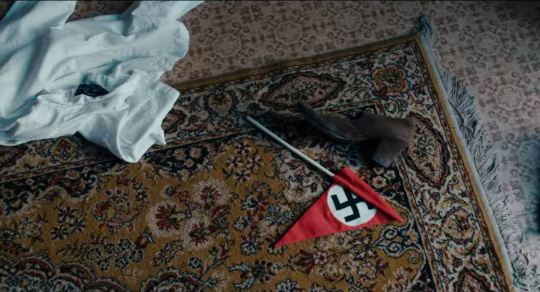

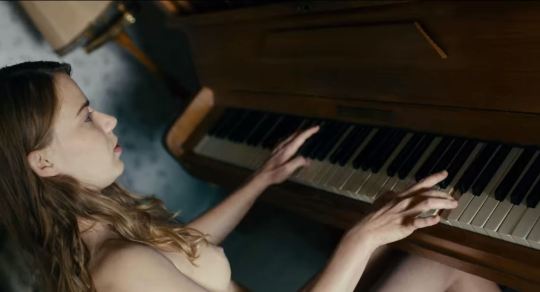


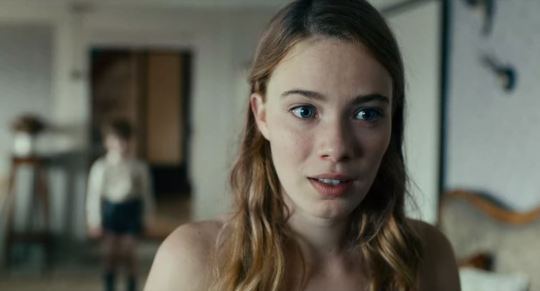


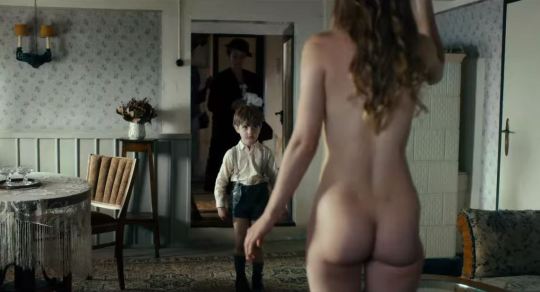

#saskia rosendahl#cai cohrs#nunca deixe de lembrar#never look away#werk ohne autor#florian henckel von donnersmarck#movies
27 notes
·
View notes
Text

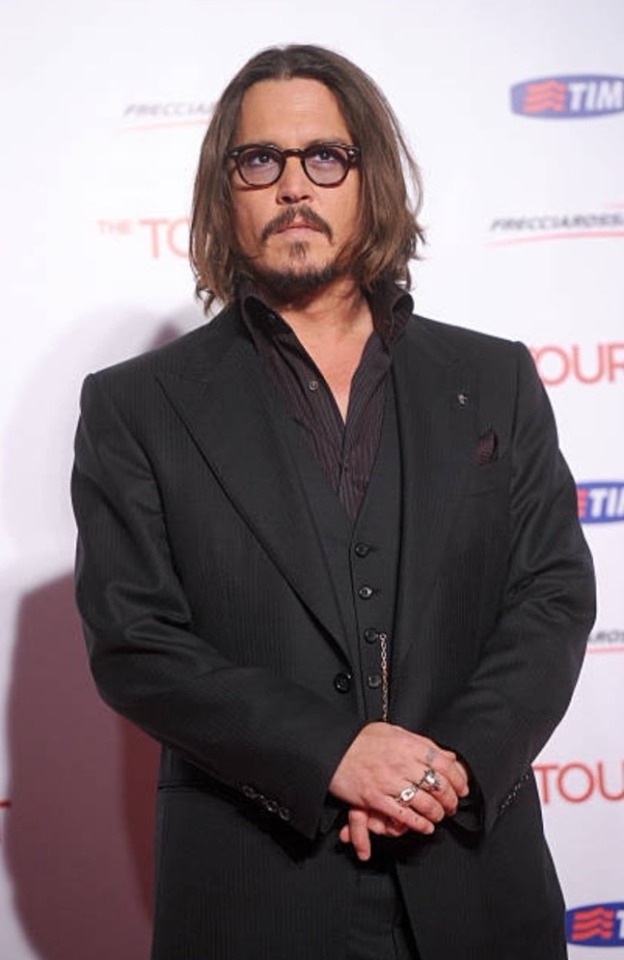
Johnny Depp at the Premiere for The Tourist at Excelsior Hotel in Rome, Italy (December 15, 2010)
Re: Johnny Depp as Frank Tupelo/Alexander Pierce in The Tourist (2010) dir. Florian Henckel von Donnersmarck
#johnny depp#actor#icon#celeb#musician#iloveyoujohnnydepp#2010s hollywood#2010s actors#2010s icons#2010s#the tourist#frank Tupelo#alexander pierce#Florian Henckel von Donnersmarck#rome italy#premiere#2010s movies#2010s films
10 notes
·
View notes
Photo



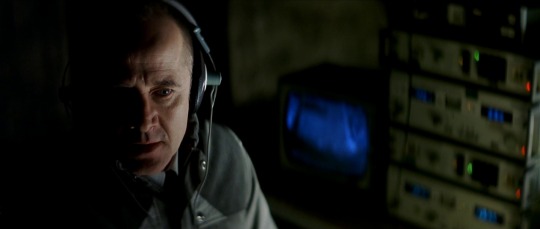

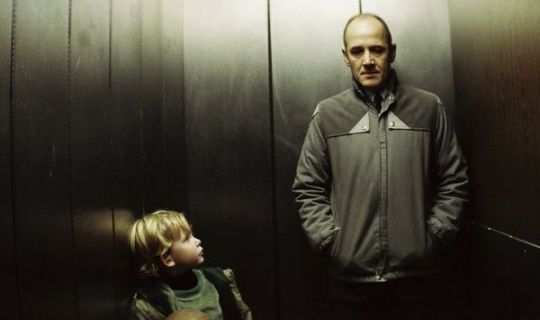
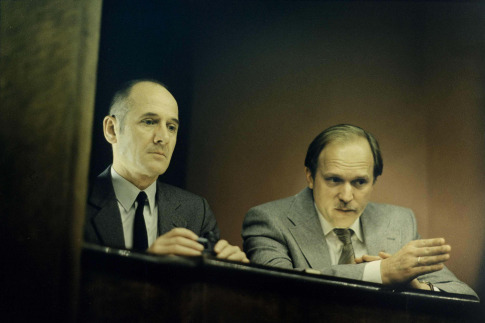
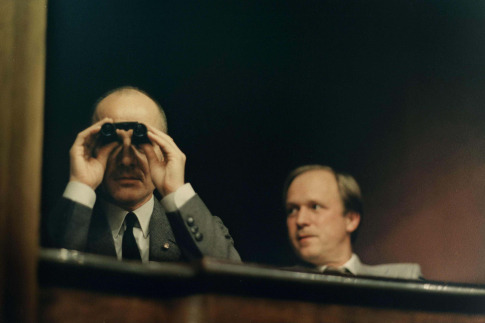
SUBLIME CINEMA #629 - THE LIVES OF OTHERS
When asked in an interview how he prepared for the role of GDR Stasi captain Wiesler, the late Ulrich Muhe simply said ‘I remembered’. He was an East German actor and activist who himself was spied on and betrayed by a former wife; he didn’t have to travel far to evoke the perfect performance he delivered in this masterpiece.
#film#movie#filmmaker#films#cinema#Florian Henckel von Donnersmarck#the lives of others#filmmaking#movies#cinematography#germany#german cinema#stasi#communism#east germany#east german#east german actor#cinema of germany#great film#cinephile#academy award#oscar#police state#gdr#berlin#berlin wall#east berlin
45 notes
·
View notes
Photo

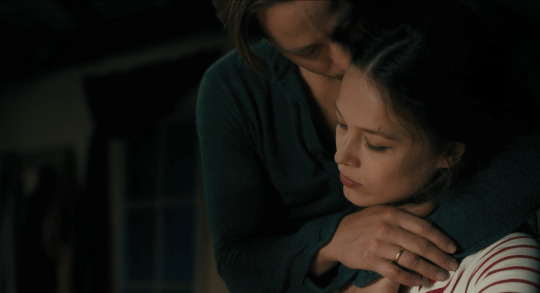
2018 Werk ohne Autor
Never look away
15 notes
·
View notes
Text
The Tourist (2010)

With names like Angelina Jolie and Johnny Depp, you’d expect a steamy romantic thriller from The Tourist. Unfortunately for anyone who gets suckered by the trailer, this is anything but. The stars are like two cold, dead fishes in a plastic bag hanging off the back of a garbage truck. They might be rubbing up real close but it’s not because they’re attracted to each other.
While under police surveillance, Elise Clifton-Ward (Angeine Jolie) is given instructions by her lover, Alexander Pearce. “Find a man about my height and build on the train to Venice, Italy. Convince them it’s me.” Pearce is wanted by Scotland Yard’s Inspector John Archeson (Paul Bettany) and the mobster he stole $2.3 billion from, Reginal Shaw (Steven Berkoff). Alexander's recently had cosmetic surgery so no one knows exactly what he looks and Elise goes along with his plan. On the train, Elise selects Frank Tupelo (Johnny Depp). He’s smitten by the beautiful woman, unaware of what kind of adventure he’s about to embark upon.
You can see what the film wants to do. Elise is stringing along this man, this “regular guy” (we’ll get to that in a bit), keeping him out of harm’s way only so those in pursuit can become convinced that he’s Alexander Pearce. In the process, they fall in love. In theory, it would be romantic, exciting, and dangerous.
The first problem comes from the stars. Whenever Jolie and Depp kiss, you swear they’re about to wretch. They have no chemistry, whatsoever. It makes her sudden infatuation with him completely unbelievable. The casting's the problem. Depp has been named World’s Sexiest Man TWICE. It doesn’t matter how much he tries to bumble his way around stray bullets and cartoonish Russian mobsters, he’s unfit to play an everyman.
To compensate for the lack of sparks, director Florian Henckel von Donnersmarck makes the villains into cartoon supervillains. The idea is you'll hate them so much your brain will latch onto the “good guys” and cheer for them to succeed. It’s done with all of the subtlety of a grenade stuffed in your mouth. After Shaw finishes strangling one of his own minions for failing his mission, we’re told how he tracked down all the men who slept with his wife before they met, killed them, then killed his wife. Why stop there, movie? Have him kill their mothers and family doctors too! Oh, he says that he did? My mistake. The police are just as bad, with Inspector Archeson taking his obsession with Pearce to an inhuman extreme while the rest of the police fumble and stumble around this operation so poorly it’s a wonder they can manage to get their shirts buttoned all the way up.
Advertised as a travel romance (you bet it is, there are so many lavish shots of Venice here it’s like the city sponsored the movie) with thriller elements, what this is actually is a whole lotta nothing. Venice must the worst city to set an action movie. All of the boat chase scenes are slow, unengaging, and agonizingly long. The movie’s so dull you’ll be begging for it to end but it takes forever to get to its twisty conclusion: a surprise reveal so obvious its predictability is only surpassed by its convolutedness. So much of this film makes no sense or would’ve fallen apart completely if the characters hadn’t behaved in a very precise but illogical manner. You might think the movie is good but just kind of boring up until that moment. After the shocking conclusion, it’s pretty obvious this is little more than a vanity project gone way, way wrong. Can you believe this cinematic soporific cost $100 million dollars to shoot?
The funniest thing about The Tourist is that it was nominated for Best Musical or Comedy at the 2011 Golden Globe Awards. Only the beautiful imagery throughout and the beautiful performers manage to elevate this picture above a 0-star rating. It’s that dull and fails that spectacularly. (May 15, 2021)

#The Tourist#movies#films#movie reviews#film reviews#Florian Henckel von Donnersmarck#Christopher McQuarrie#Julian Fellowes#Angelina Jolie#Johnny Depp#Paul Bettany#Timothy Dalton#Steven Berkoff#Rufus Sewell#Christian De Sica
2 notes
·
View notes
Text
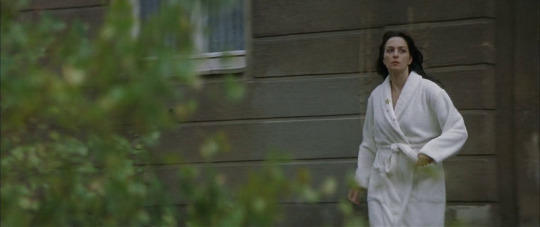
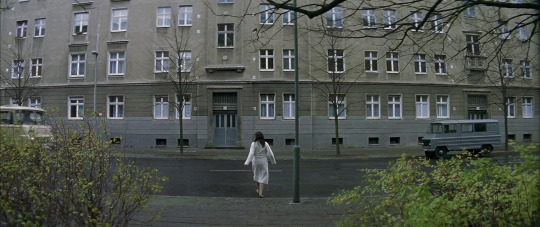
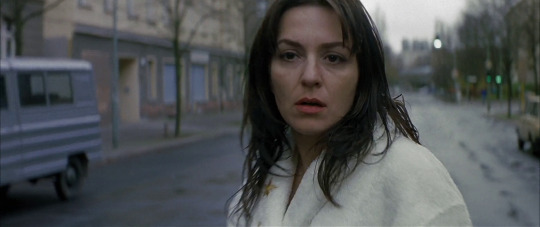

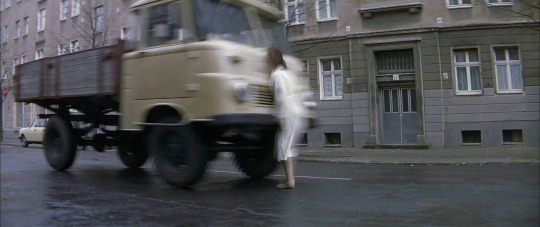
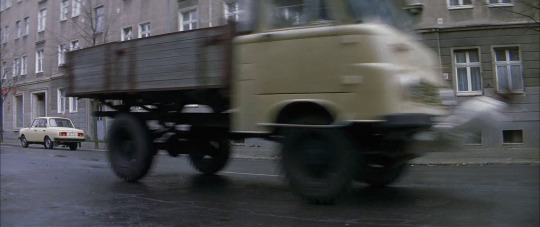
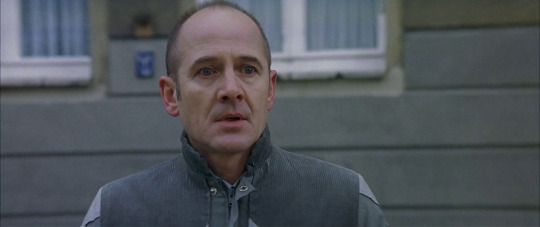

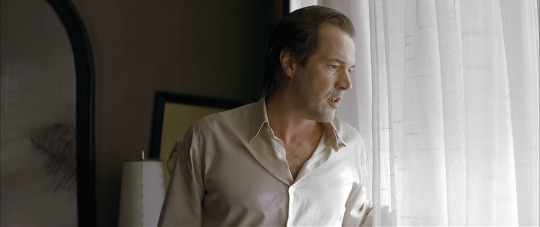

7 notes
·
View notes
Text

The Lives of Others (2006, Florian Henckel von Donnersmarck, Germany)
3 notes
·
View notes
Text

2 notes
·
View notes
Photo
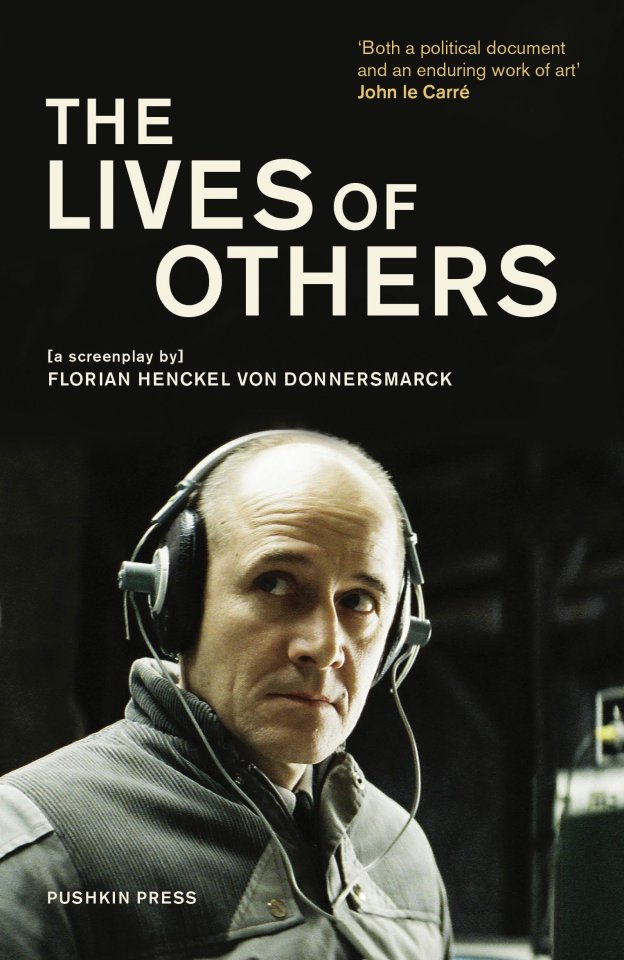
#the lives of others#ulrich mühe#martina gedeck#sebastian koch#ulrich tukur#florian henckel von donnersmarck#2006
4 notes
·
View notes
Photo
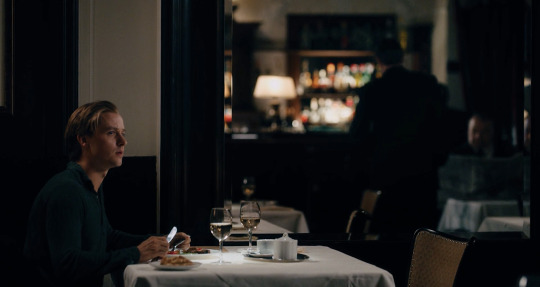
Werk ohne Autor (2018)
1 note
·
View note
Text
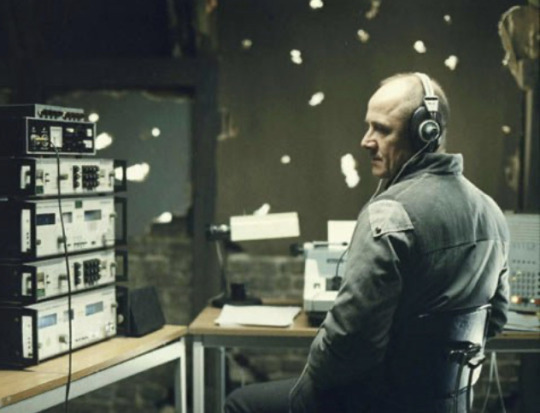
0 notes
Text
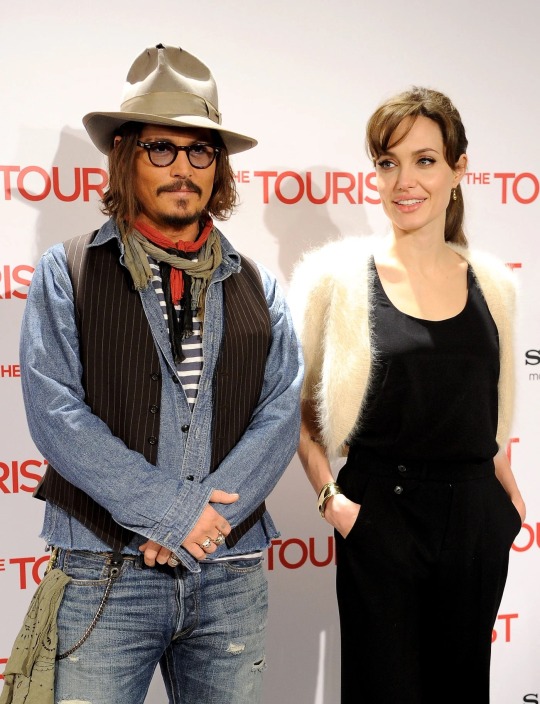
Johnny Depp and Co-Star Angelina Jolie attend The Tourist photocall at Villamagna Hotel in Madrid, Spain (December 16, 2010)
Re: Johnny Depp as Frank Tupelo/Alexander Pierce and Angelina Jolie as Elise Clifton-Ward in The Tourist (2010) dir. Florian Henckel von Donnersmarck
#Alexander Pierce#johnny depp#actor#icon#celeb#musician#the tourist#Frank Tupelo#Madrid spain#photocall#angelina jolie#Elise Clifton-Ward#Florian Henckel von Donnersmarck#2010#2010s#2010s actors#2010s icons#2010s hollywood#2010s films#2010s movies#early 2010s
7 notes
·
View notes
Photo
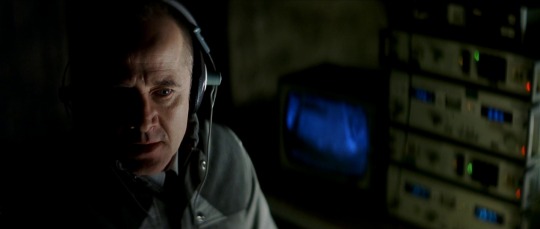
Ulrich Mühe in The Lives of Others (Florian Henckel von Donnersmarck, 2006)
Cast: Ulrich Mühe, Martina Gedeck, Sebastian Koch, Ulrich Tukur, Thomas Thieme, Hans-Uwe Bauer, Volkmar Kleinert, Matthias Brenner, Charly Hübner. Screenplay: Florian Henckel von Donnersmark. Cinematography: Hagen Bogdanski. Production design: Silke Buhr. Film editing: Patricia Rommel. Music: Stéphan Mucha, Gabriel Yared.
Amid the almost universal acclaim, including a best foreign-language film Oscar, for Florian Henckel von Donnersmarck's The Lives of Others, there were some complaints from residents of the former East Germany that the writer-director was not as hard on his Stasi snoop, Gerd Wiesler (Ulrich Mühe), as he should have been. The movie as a whole is chilling -- well-plotted and well-acted -- but I'm not entirely convinced by Wiesler's change of heart regarding the people he's surveiling: the playwright Georg Dreyman (Sebastian Koch) and his lover, the actress Christa-Marie Sieland (Martina Gedeck). At the start of the film, when we first see Wiesler teaching a class to Stasi-spy hopefuls, he's the perfect cold gray participant in a monstrous system of internal domestic espionage. But later, as he learns not only that the motive for spying on Dreyman and Sieland is not merely political but also sexual -- the minister of culture, Bruno Hempf (Thomas Theime) wants Dreyman eliminated so he can have Sieland all to himself -- he begins to be disillusioned with his work. And after a friend of Dreyman's, the blacklisted theater director Albert Jerska (Volkmar Kleinert), commits suicide and Dreyman sits down at the piano to play a piece of music -- composed for the film by Gabriel Yared -- called Sonata for a Good Man that Jerska had given him, Wiesler betrays the first real emotion we see from him in the film: A tear rolls down his cold gray face. Donnersmarck has said that he was inspired by Lenin's statement -- referred to in one point in the film -- that he had to give up listening to music like Beethoven's "Appassionata" sonata because it humanized him, distracting him from the task of revolution. On the other hand, we have all heard the stories of Nazi concentration camp commandants who read Schiller and Goethe and listened to Mozart and Schubert and were never deterred from their horrendous work by it. The flaw in Donnersmarck's film, I think, is that despite Mühe's brilliant performance as Wiesler, we never get enough of his backstory to suggest why he should be suddenly so vulnerable to sentiment. How could he have risen in the ranks of the Stasi to the point that he became not only a trusted agent but also an instructor of future agents if he has this key weakness? On the other hand, it's not a crippling flaw, thanks to exceptional performances and well-handled suspense.
0 notes
Text
Sokszor nehéz is megállapítani, hogy mi náci műalkotás és mi kommunista, mert attól a puszta ténytől, hogy a kormány elképzelései szerint jöttek létre, és pontosan körülhatárolt céloknak akartak megfelelni, máris hasonlóvá váltak.

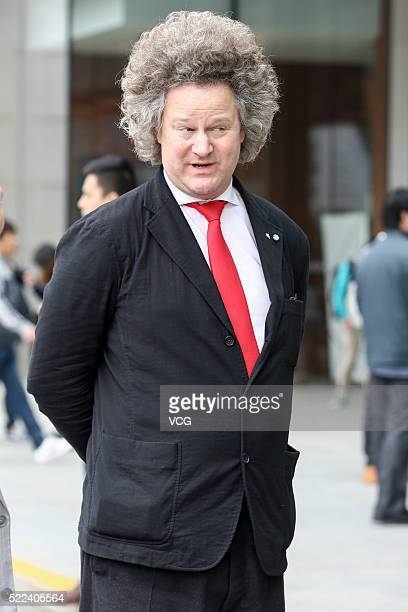


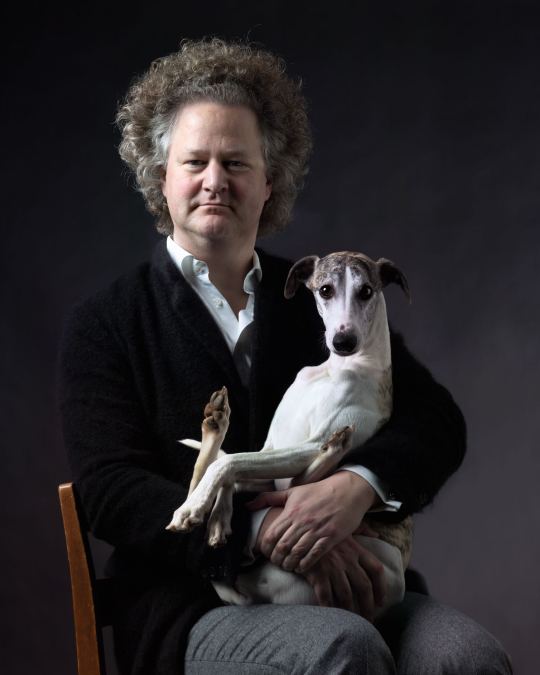

Amikor a főszereplő átszökik Nyugatra, és hirtelen nincs senki, aki meg akarná neki mondani, mit kell csinálnia, azzal belezuhan egy kicsit rémisztő szabadságba, amelyben újra meg kell találnia magát. Mert a nyugati művészek nemcsak a rossz tradíciókat dobták félre annak érdekében, hogy nehogy valami is továbbéljen a rettenetes rezsimből, hanem a szakmai fogásokat is. Így a modern művészetbe került némi őrület is, és nyilván születtek egészen nonszensz alkotások is. A filmmel azt is szerettem volna elérni, hogy mindenki vegye a bátorságot megtalálni a jó alkotásokat a nonszensz között. Mindenesetre, a kérdésre válaszolva, igen, hiszek abban, hogy formál bennünket az, ami politikai értelemben körülvesz bennünket, még jobban is, mint szeretnénk. És ez mindig is megrémisztett.
Mit vár a saját filmjétől? Mi lehet a legjobb hatás, amit el tud érni velük?
Talán az, ha az emberek megértik, bárhol, bármilyen körülmények között létrehozhatnak műalkotásokat. Joseph Beuystól, a nagy német avantgárd művésztől származik a szállóige: „Mindenki művész.” Persze nem úgy értette, hogy bárki létrehozhat remekműveket, bárki írhat nagyszerű újságcikkeket, mert ez nem így van, ahhoz kell egy bizonyos fajta tehetség. De bármibe, amit csinálsz, bele tudod tenni annyira a lelkedet, hogy az már olyan legyen, mint egy művészeti aktus. Valami hasonlót akartam megmutatni a film egyik jelenetével, amelyben a főszereplő a lépcsőfokokat sikálja: jó időbe telt eljutnia idáig, de végül szinte már sikerült elérnie, hogy az örömét lelje benne, hogy mindenestül beleadja önmagát. Lehetsz akár pincér is, de ha azt mondod, az az én misszióm, hogy ezt teljes szívből csináljam, akkor eljuthatsz idáig.
1 note
·
View note
Text






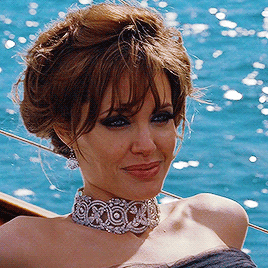

Angelina Jolie as Elise Clifton-Ward in THE TOURIST (2010) dir. Florian Henckel von Donnersmarck
#the tourist#filmedit#filmgifs#moviegifs#moviehub#dailyflicks#femaledaily#femalecharacters#femalegifsource#brunettessource#bitchys#userbabysitter#userladiesofcinema#userladiesblr#usertvfilm#userfilm#angelina jolie#ajolieedit#movies#mine*
341 notes
·
View notes